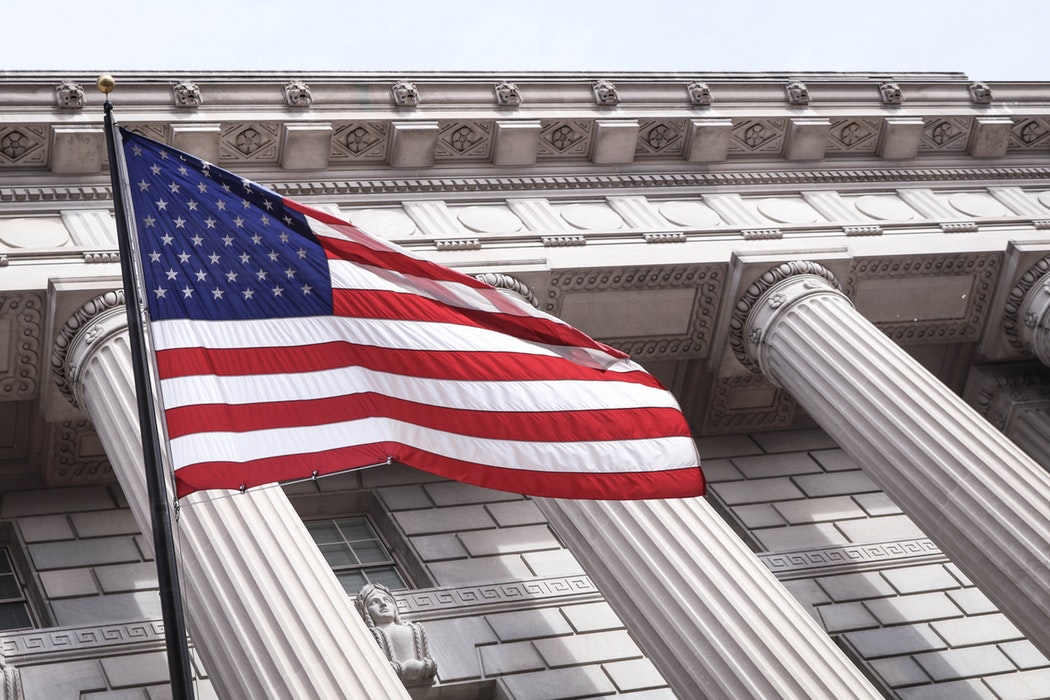High risk merchant accounts will be directly impacted by upcoming fees.
Visa and Mastercard have decided to postpone interchange fees until July as it comes to grips with the rampant economic crisis fueled by the coronavirus pandemic. As governments struggled to lessen the impact and spread of the virus, their decisions have led to many retailers, hotels, and restaurants having to close their doors.
Groups and independent sales organizations led the request for the credit card networks to cancel the updated interchange fees, originally planned for April, as many merchants are already struggling to keep their businesses afloat. The increases in price to accepting credit cards will only exacerbate the traumatic financial hemorrhage most businesses are currently experiencing.
Will Stickney, a spokesman for Visa announced, “We are actively implementing and considering a number of ways we can proactively support our clients to ensure the stability, security, reliability and resiliency of the digital payments ecosystem,”
The Merchant Advisory Group approved this decision as it would “provide needed relief to some of the hardest-hit businesses while ensuring electronic-payment processing continues to work in the seamless fashion as they do today.”
The Interchange Fees’ Potential Impact On Merchants
CMSPi, an Atlanta-based global consultancy, predicts that the new pricing model will produce, “the first significant increase in rates in more than a decade in a number of important merchant categories.”
The analysis of these changes has projected that U.S.-based merchants will have to pay $80 million more for interchange fees, over a 12 month period and beginning in July, on their Visa cards. For the planned interchange fees for Mastercard, the cost will be $383 million over the same time period.
Merchants are likely to experience divergent effects. Visa purchases at supermarkets will have rates that are “15 to 30 basis points” lower than they are currently. Mastercard rates for the passenger/transport as well as the entertainment/travel industries will be “15 basis points” lower.
Conversely, online business owners will experience their Visa rates going up. Those merchants that accept Mastercard in a wide range of industries will see their rates increasing up to 15 basis points. Rates for grocery stores will remain unaltered. Yet, airline rates and “general retain” will go up 10 basis points.
Fuel Retailers Under Pressure
Visa is considering postponing a standing deadline of October 1st for fuel retailers to update their current fuel pumps to enable the acceptance of chip cards. If these changes are not made, these gas station operators will be forced to contend with the costs incurred due to fraud at the pump.
Many of these merchants have voiced their concerns, indicating that, not only are the new machines expensive, but finding someone to install these machines during the crisis has proven difficult.
Dan Rasmussen, a senior vice president at Hughes Network Systems, which equips retailers to accept chip cards said, “Nobody planned for the disruption of the pandemic delaying everything,” Oil companies such as BP Plc, Chevron Corp. and Exxon Mobil Corp. are “applying quite a bit of pressure on the retailers to move and get the orders in and start progressing.”
The Uncertainty Continues
There are so many variables to contend at this time that it is impossible to predict what will come out of the Covid-19 crisis. With the growing loss of U.S. jobs on one hand, yet the government stepping in with a much-needed stimulus package, the long-term effects are yet to be determined.


